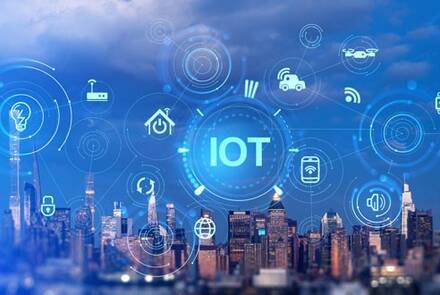Ensuring Equitable Access in Smart Cities
In the bustling landscape of urban development, the evolution of smart cities promises a future where connectivity, efficiency, and innovation converge for the benefit of all residents. However, the realization of this vision hinges on a crucial imperative: ensuring equitable access to digital services and technologies. In this blog post, we explore the significance of bridging the digital divide in smart cities, reducing disparities, and fostering an inclusive urban environment for every citizen.
- The Promise of Inclusive Smart Cities
Smart cities are envisioned as hubs of innovation, where cutting-edge technologies and data-driven solutions enhance the quality of life for residents. From efficient public transportation and connected infrastructure to smart healthcare and digital governance, the potential benefits are vast. However, these promises can only be fully realized when access to these technologies is inclusive and reaches every corner of the urban landscape. - The Digital Divide as a Barrier to Inclusivity
The digital divide, characterized by disparities in access to and use of digital technologies, poses a significant challenge in smart city development. Unequal access to the internet, smartphones, and other digital tools can create a divide that marginalizes certain segments of the population. This divide not only perpetuates existing social and economic disparities but also hinders the overall progress and success of smart city initiatives. - Access to Information and Services
Equitable access to digital services empowers communities by providing access to vital information and essential services. In a smart city, digital platforms can offer real-time updates on public transportation schedules, healthcare resources, educational opportunities, and civic engagement initiatives. By ensuring that all residents can access and utilize these services, smart cities create a more informed and engaged citizenry. - Closing Educational Gaps
In smart cities, digital education initiatives play a pivotal role in preparing future generations for a technologically advanced world. Equitable access to online educational resources and digital learning tools ensures that students, regardless of socio-economic background, have the opportunity to acquire the skills needed for the jobs of the future. Bridging the digital divide in education contributes to a more inclusive and dynamic workforce. - Healthcare Accessibility
Smart healthcare services in a city rely heavily on digital technologies, from telemedicine platforms to health monitoring apps. Ensuring equitable access to these services is crucial for providing healthcare support to all residents, particularly those in underserved communities. The integration of digital healthcare solutions can improve preventive care, reduce healthcare disparities, and enhance overall community well-being. - Community Engagement
Smart cities strive for increased citizen engagement in governance and community initiatives. However, without equitable access to digital platforms, certain voices may be left unheard. By providing access to digital channels for community participation, smart cities can foster a more inclusive decision-making process, where the diverse needs and perspectives of all residents are considered.
Collaboration and Overcoming Barriers
Addressing the digital divide in smart cities requires a collaborative effort from government entities, private sector stakeholders, and community organizations. Initiatives such as subsidized internet access programs, community technology centers, and digital literacy campaigns can help bridge the gap and ensure that no one is left behind in the digital transformation of urban spaces.
In the journey toward smart cities, the true measure of success lies in inclusivity. An equitable approach to digital access ensures that the benefits of technological advancements reach everyone, regardless of their background or circumstances. By closing the digital divide, smart cities can unlock the full potential of innovation, creativity, and collaboration, creating a future where urban development is not just smart but also compassionate, responsive, and truly designed for the well-being of every resident.
For more information about Trigyn’s Smart City & IoT Solutions, Contact Us.






